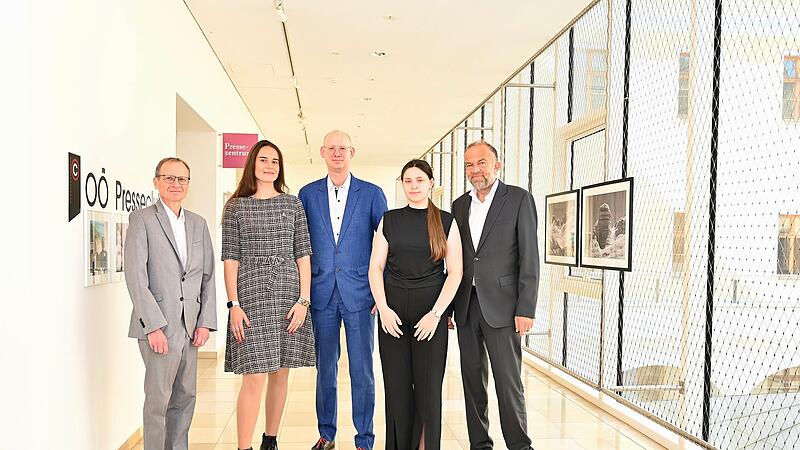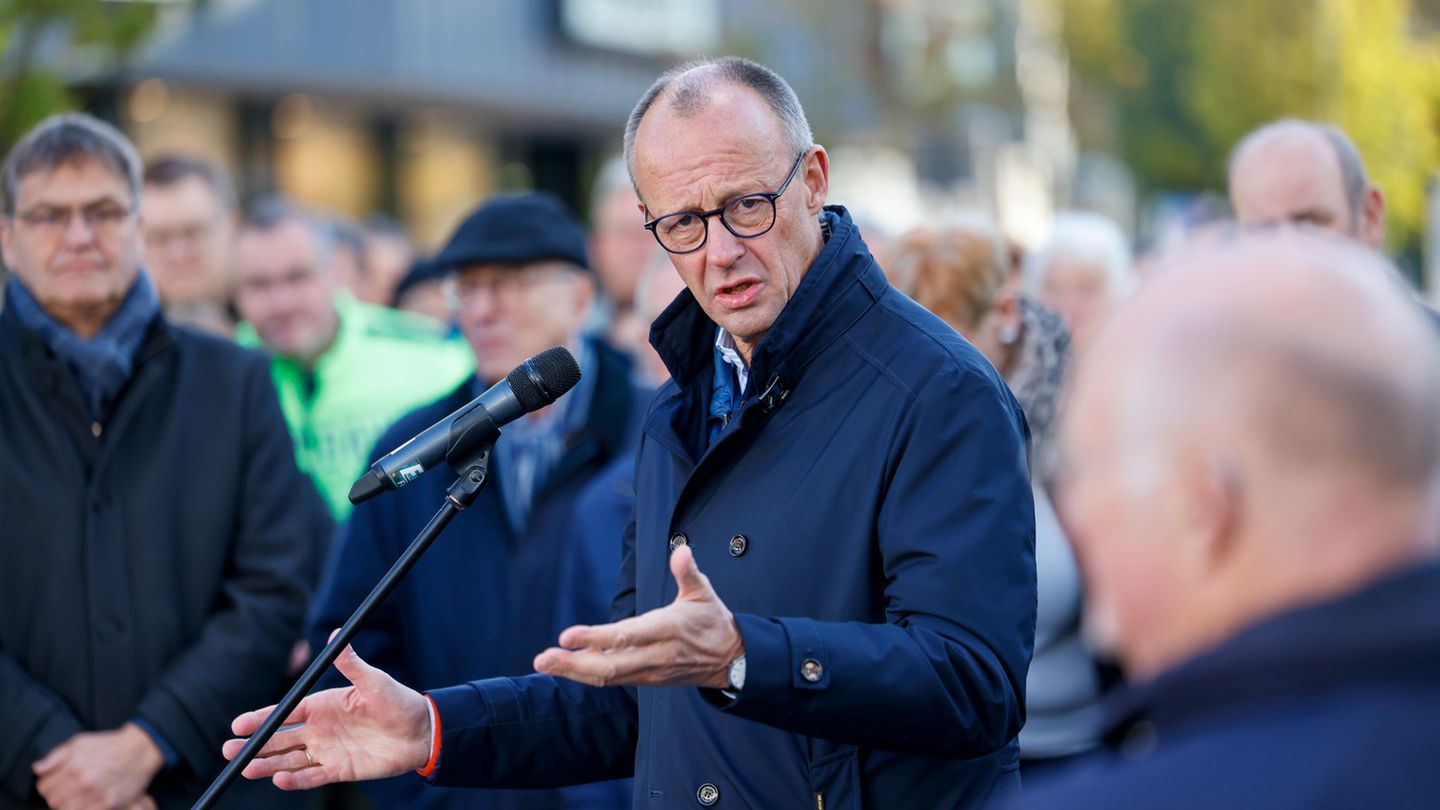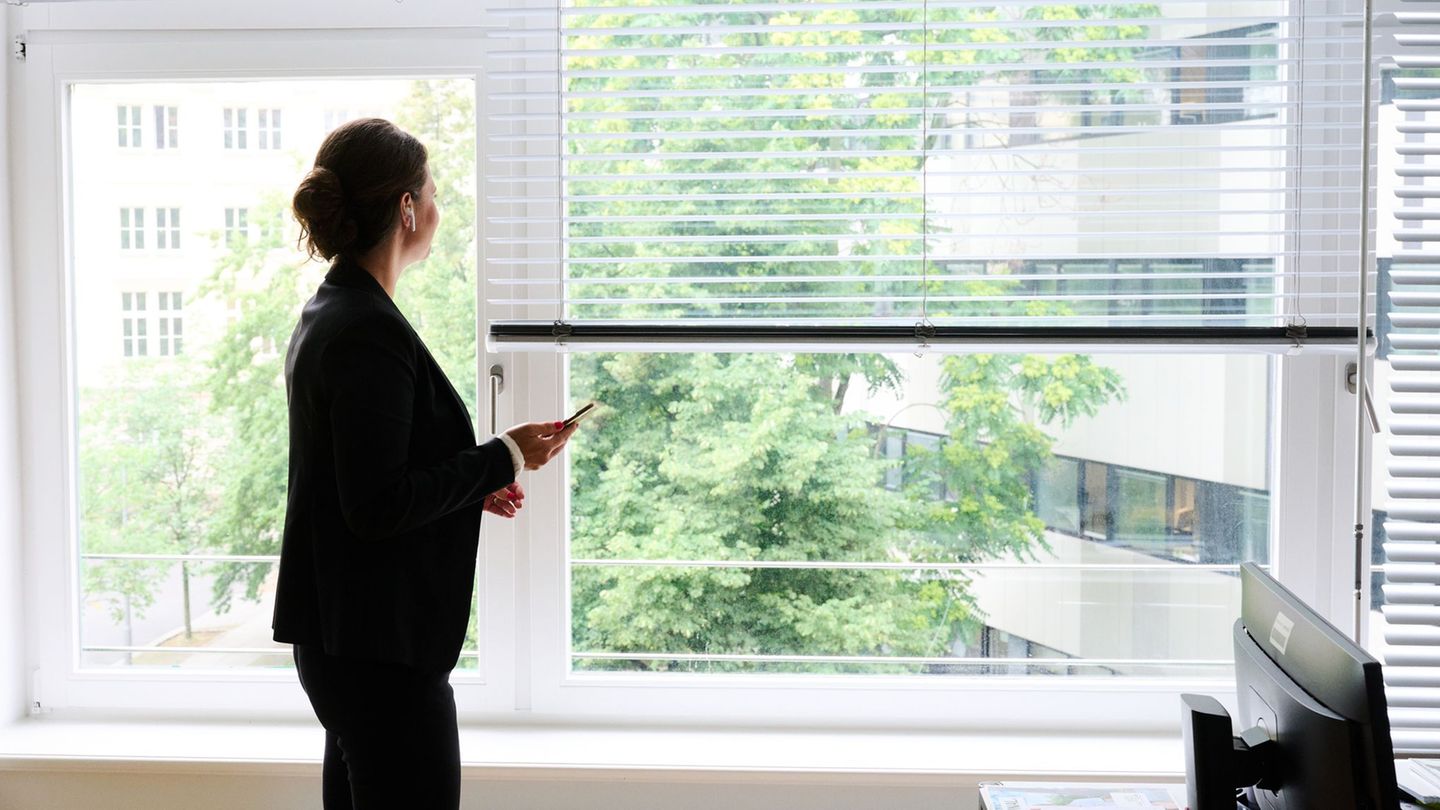Image: JKU
Meinhard Lukas, Rector of the Johannes Kepler University (JKU), criticizes that the Ministry of Science “surprisingly” announced that the scholarships for students from Ukraine would expire at the end of the 2023/24 winter semester. There is now great concern that the 69 Ukrainian students at the JKU will have to discontinue their studies for financial reasons. “We’re talking about a success story that shouldn’t be interrupted abruptly.”
The performance record for the “Ernst-Mach-Stipendium Ukraine” amounting to 715 euros per month is 16 ECTS points per semester. Two thirds have reached this threshold, and even more: Seven percent even managed 30 or more points and thus achieved the maximum number of points possible in one semester. The examination activity of the female students from Ukraine (mostly women) is very high.
Every second student is studying the JKU bachelor’s degree in “Artificial Intelligence”, and a total of 75 percent of Ukrainian students in Linz have decided to study at the Technical and Natural Sciences Faculty. “We don’t have to mention the issue of a shortage of skilled workers,” says the rector. The program also “interculturally enriched” the Linz university.
For example, 18-year-old Marta Mazurchak from Lviv (Lemberg) decided to study chemistry in Linz. When she was still at school, she got top marks in mathematics. But then came the aggressive war, which “divided her life into a before and an after,” as she puts it in good German. The scholarship covers her essential expenses, says the prospective chemist. “Austria is a thriving country. I want to work here in industry or in science,” she says.
Immediately after the outbreak of the invasion war, Professor Thomas Gegenhuber from the Linz Institute of Technology (LIT) at the JKU got down to work to organize homes for Ukrainian refugees. “A place where you feel safe,” he says. The flight, the fear for family members in the war zones, a new country, a new language: “The academic successes despite these multiple burdens are admirable,” says sociology professor Johann Bacher, who like Gegenhuber is in the “More” program of the Linzer Uni committed to refugee students.
In the spring of 2022, the federal government “stepped the right path with the establishment of the scholarship, this should be continued.” Why is the ministry phasing out the funding? He “doesn’t want to speculate,” says the rector.
When asked by OÖN, the Ministry of Education announced that Austria takes “European solidarity” with Ukraine “very seriously” and, as far as financial support is concerned, is “in the top third” of EU countries. “In line with the pan-European position, the Ernst Mach scholarships Ukraine are initially limited to March 4, 2024,” says the written statement.
Source: Nachrichten




